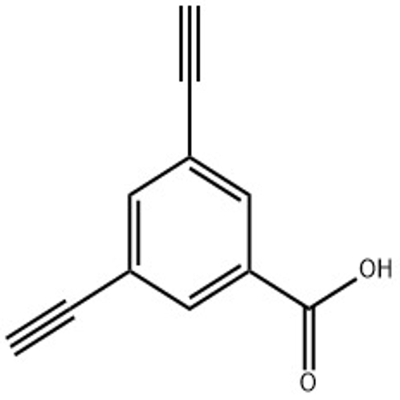-
Categories
-
Pharmaceutical Intermediates
-
Active Pharmaceutical Ingredients
-
Food Additives
- Industrial Coatings
- Agrochemicals
- Dyes and Pigments
- Surfactant
- Flavors and Fragrances
- Chemical Reagents
- Catalyst and Auxiliary
- Natural Products
- Inorganic Chemistry
-
Organic Chemistry
-
Biochemical Engineering
- Analytical Chemistry
-
Cosmetic Ingredient
- Water Treatment Chemical
-
Pharmaceutical Intermediates
Promotion
ECHEMI Mall
Wholesale
Weekly Price
Exhibition
News
-
Trade Service
2-Methyl-3-thiophenecarboxylic acid, ethyl ester, commonly referred to as MTBE, is a widely used chemical in the chemical industry.
It is primarily used as a solvent, fuel additive, and extender for gasoline.
The chemical has been popular because of its ability to increase the octane number of gasoline, which in turn improves its performance in internal combustion engines.
Despite its widespread use, there have been concerns about the safety of MTBE in recent years.
In this article, we will discuss the safety concerns surrounding MTBE and the measures that are being taken to ensure the safe handling and use of this chemical in the chemical industry.
One of the main safety concerns surrounding MTBE is its potential to contaminate groundwater.
MTBE is a volatile organic compound (VOC), which means that it evaporates easily and can migrate through the soil and into groundwater.
When MTBE contaminates groundwater, it can make the water unsuitable for drinking and other uses.
This has led to widespread concerns about the use of MTBE and calls for its ban in some areas.
The potential for MTBE to contaminate groundwater has led to increased regulations and standards for its use.
In the United States, the Environmental Protection Agency (EPA) has set strict standards for the use of MTBE in gasoline, and many states have banned its use altogether.
The EPA has also set guidelines for the cleanup of MTBE-contaminated groundwater, which can be costly and time-consuming.
In addition to the potential for groundwater contamination, there are also concerns about the health effects of exposure to MTBE.
The chemical has been classified as a probable human carcinogen by the International Agency for Research on Cancer (IARC), which means that it is likely to cause cancer in humans.
Studies have also found links between MTBE and liver damage, as well as neurological and developmental effects in children.
To mitigate these health risks, the chemical industry has implemented various safety measures.
For example, workers who handle MTBE are required to wear protective gear, such as gloves and masks, to prevent skin and inhalation exposure.
In addition, facilities that store and use MTBE must have proper containment and spill response procedures in place to prevent accidental releases.
Despite these safety measures, accidental releases of MTBE can still occur.
In 2019, a chemical spill in California contaminated the water supply for tens of thousands of people, highlighting the potential risks associated with MTBE.
In response to this incident, the chemical industry has continued to work on improving safety measures and reducing the risk of accidents.
In conclusion, 2-methyl-3-thiophenecarboxylic acid, ethyl ester is a widely used chemical in the chemical industry, but it poses significant safety concerns, particularly in relation to groundwater contamination and health effects.
The chemical industry has responded to these concerns by implementing safety measures and regulations to reduce the risk of accidents and exposure.
However, it is important for workers and communities affected by MTBE to remain vigilant and continue to advocate for safer handling and use of this chemical.







